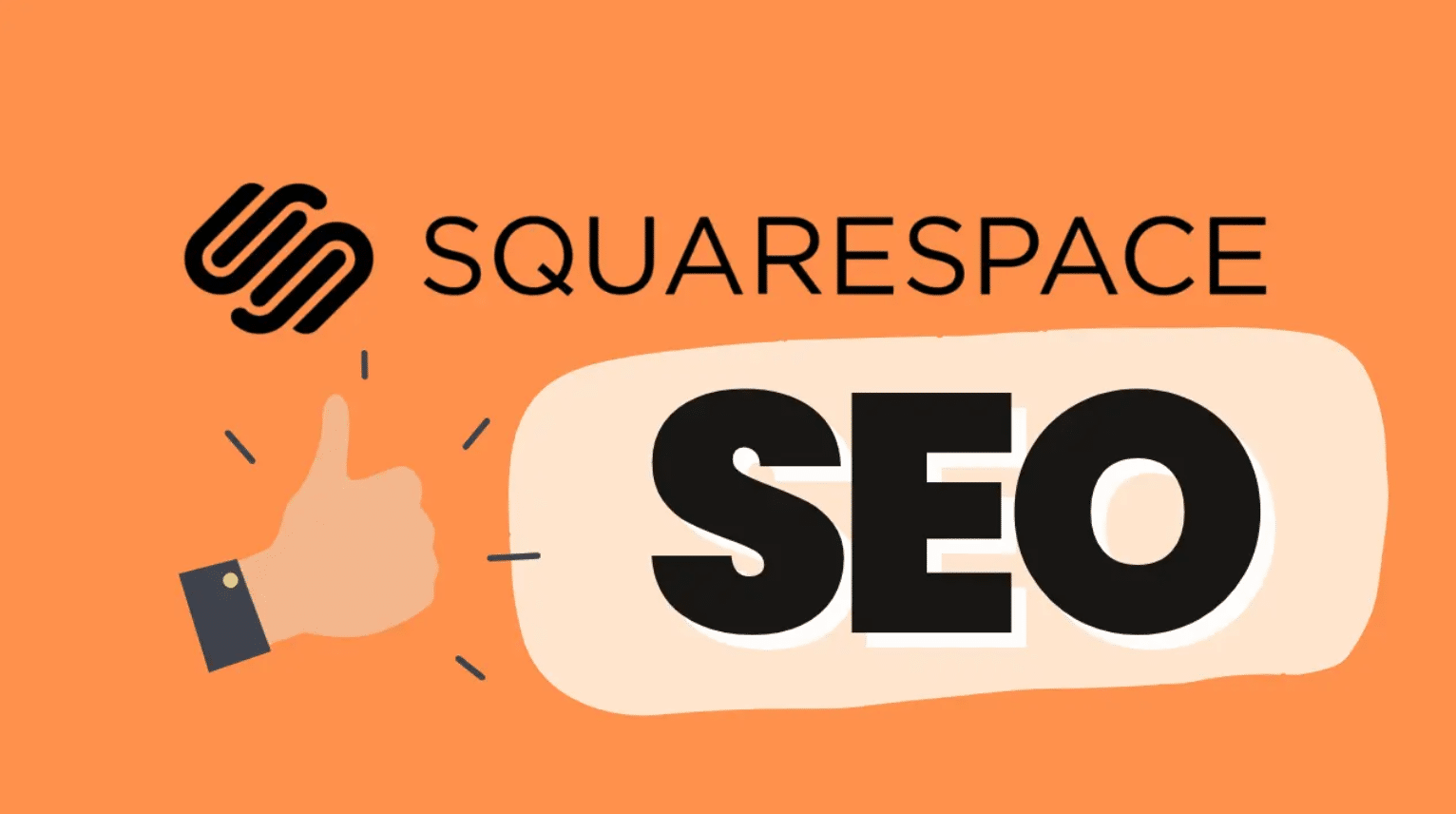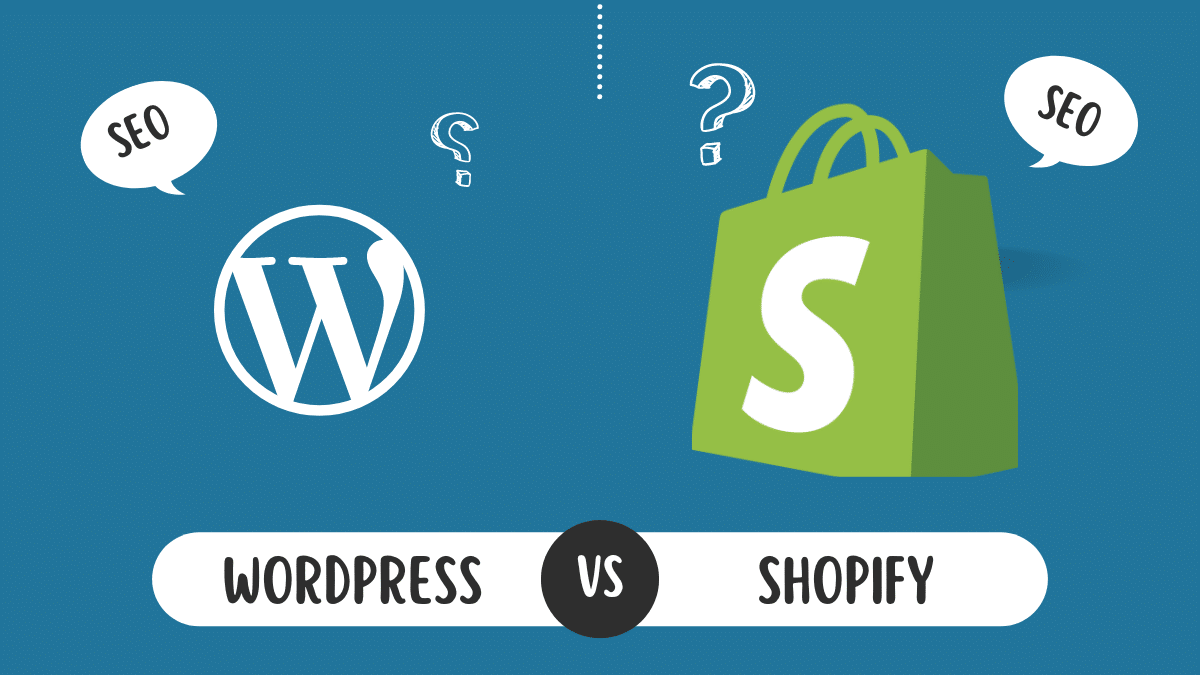In the current digital competitive world, a bare-bone SEO strategy is not enough when it comes to big businesses. They need an integrated and scalable strategy that can be compared with their size, structure, and objectives. Enterprise SEO comes in at this point.
Enterprise SEO is not just a common search engine optimization. It entails handling SEO plans on high scale at large websites (usually having thousands of pages) and aligning SEO activities with other business interests.
Introduction to Enterprise SEO
Enterprise SEO is a larger, strategic, and long-term strategy of search engine optimization that is aimed at bringing in organic traffic, brand awareness, and revenue to large organizations and websites with an enterprise level.
These are websites that are usually of companies, e-commerce kings, media houses or even the government. Their site structure is complicated, the number of stakeholders is large, and content levels are strong, and they need a specific SEO strategy.
Key Differences Between Traditional SEO and Enterprise SEO
Although the overall objective of traditional and enterprise SEO is similar, the visibility of the search engine, there are essential distinctions in the scale, approaches, and tools.
| Feature | Traditional SEO | Enterprise SEO |
| Website Size | Small to Medium | Large (1,000+ pages) |
| Team | 1-2 SEO specialists | Cross-functional teams |
| Tools | Basic SEO tools | Enterprise-level platforms |
| Focus | Niche rankings | Brand authority & high-volume keywords |
| Budget | Limited | Substantial, with higher ROI expectations |
Why Enterprise SEO Matters
In the case of large businesses, SEO is no longer a marketing strategy, but a driver of long-term growth.
This is the reason why enterprise SEO is essential:
Organic Scalability: Large sites have the ability to get millions of visits per month with the proper SEO strategy.
Cost Effectiveness: SEO is cost effective in the long run as opposed to paid advertisement.
Brand Authority: Competitive ranking of the high-volume terms builds brand credibility.
Revenue Growth: SEO initiates qualified traffic which is converted into sales or leads.
Core Elements of Enterprise SEO
Enterprise SEO requires a well-rounded approach. Let’s break down its key components.
Website Architecture
SEO is based on a well-organized site, In the case of enterprise websites, this incorporates:
- Logical URL structures
- Proper internal linking
- Mobile-first design
- Fast load times.
Example: There is an online store with 50,000 merchandise and requires well-organized category lists and product page architecture so that customers and search engines can easily navigate the store.
Scalable Content Strategy
Producing content at scale is among the largest issues of large brands.
Enterprise SEO focuses on:
- Determining high quality key groups.
- Developing landing pages of every product or service.
- Making the current content relevant through updating.
- Automation of the contents when necessary.
The aim is to match contents with user intent and at the same time ensure that quality is maintained over thousands of pages.
Advanced Technical SEO
Enterprise level technical SEO is really complicated.
Common tasks include:
- Managing crawl budget.
- Optimizing site speed.
- The introduction of ordered information (Schema markup)
- Dealing with heavy websites written in JavaScript.
- Canonicalization and content duplications.
These are useful to make certain that the search engines are in a position to index and rank your content in the right manner.
Automation and Tools
The size of enterprise SEO does not sustain manual labor. This is the reason why it should be automated and use tools.
Popular enterprise optimizers are:
- BrightEdge
- Conductor
- SEMrush Enterprise
- Ahrefs
- Botify.
These tools assist in the tracking of keywords, the analysis of competitors, content, and technical audits.
Cross-Department Collaboration
Enterprise SEO does not reside in its own world.
It requires alignment with:
Marketing: To coordinate messaging and campaign.
Development: To carry out technical corrections.
Content Teams: To maintain optimal content.
Product Teams: To make sure that SEO is integrated into the product design.
The collaboration of departments leads to a high level of SEO.
Challenges in Enterprise SEO
Enterprise level running of SEO does not come without challenges.
Common challenges include:
Slow Implementation: Large organizations have layers of approval, and as such, the implementation is slow.
Legacy Systems: Old systems may limit optimization of search engines.
Stakeholder Buy-In: Making executives believe in SEO in the long run.
Keeping Up with Google Updates: Enterprise sites are more susceptible to change in algorithms.
Managing Multiple Domains or Subdomains: Makes SEO monitoring and planning more complex.
Such barriers are addressed through powerful project management and regular communication.
Best Practices for Enterprise SEO
The following are some of the best practices established:
Prioritize High-Impact Areas
Make emphasis on those pages or sections of your webpage that generate the most traffic or income. Identify important opportunities by application of the 80/20 rule.
Create Scalable SEO Workflows
Establish scalable procedures of keyword research, content generation, and link building, as well as technical audits.
Use Data to Drive Decisions
Use analytics and reporting tools to monitor performance and detect the gaps in SEO.
Invest in SEO Training
Train in-house teams on how to use SEO in order to make everybody a search success.
Monitor Competitors
Monitor the activities of your competitors and change your tactics.
Plan for International SEO (if applicable)
Big corporations usually tend to make inroads into foreign markets. Use hreflang tags and local content where necessary.






